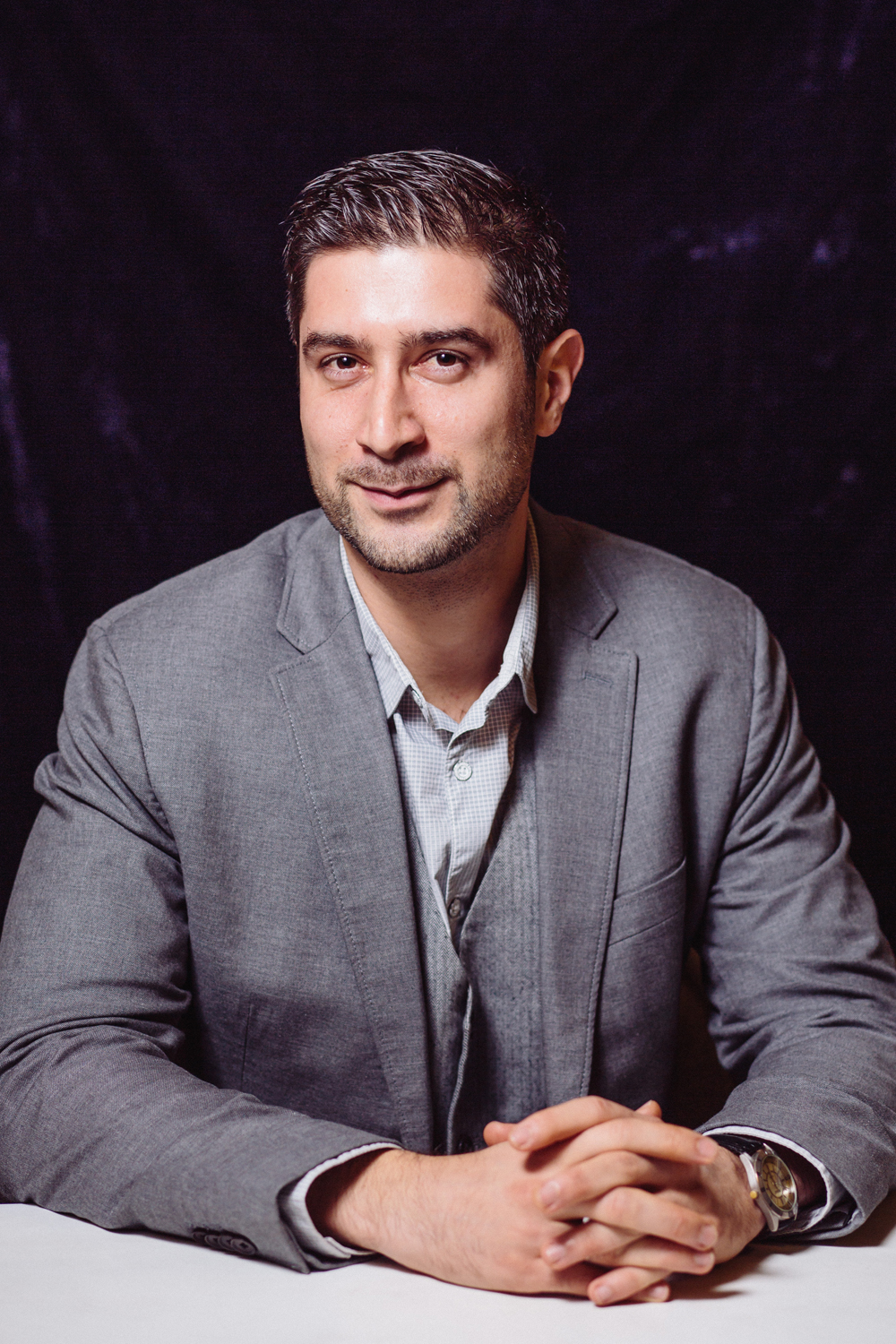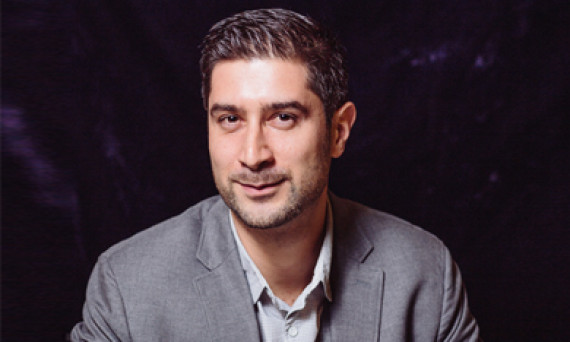 On October 14 at the European University, St. Petersburg held the “Oriental” research seminar hosted by TAIF Professorship in the History of the Muslim Peoples of Russia in collaboration with the seminar on the Anthropology of Religion.
On October 14 at the European University, St. Petersburg held the “Oriental” research seminar hosted by TAIF Professorship in the History of the Muslim Peoples of Russia in collaboration with the seminar on the Anthropology of Religion.
Sami Al-Daghistani, a double-PhD Candidate in Islamic Studies at Leiden University, the Netherlands, and WWU Münster, Germany, as well as a Lecturer at Leiden Islam Outreach Program, Leiden University, and a a visiting PhD Fellow at MESAAS, Columbia University (mentor Prof. Wael Hallaq) was discussed a subject «Contemporary Critique of Islamic Economic Thought».
The lecture offered a historical overview of medieval Muslim scholars, such as Ibn Taymiyya and Abu Hamid al-Ghazali, and discussed their seminal contributions to economic teachings in Islamic tradition. Some of the key concepts of the medieval Islamic economic thought e.g. utilization of money, fair price, prohibition of hoarding etc., were pertinent to the notion of maṣlaḥa or well-being (social utility) in society. The negligence and non-recognition by some Western scholars of the contribution of medieval Muslim scholarship on economic teachings can be regarded as the “great gap theory,” as suggested by Ghazanfar and Islahi, for instance.
The lecture in particular addressed two aspects of the debate concerning contemporary Islamic economic thought, which is unlike its subsidiary Islamic finance – little implemented albeit hotly debated in contemporary academia. The first tackles the notion of Sharī‘a as being the central realm of Islamic economics, for many modern thinkers (Umer Chapra, Haider Naqvi etc.) situate their discussions in an Islamic juristic discourse rather than in an intellectual-philosophical one.
The second conspicuous aspect of modern Islamic economic thought is submerged in the so-called “Islamization of knowledge” process that aims to apply Islamic terminology on each domain of human endeavours, often advocating the application of zakāt or almsgiving and ribā or the prohibition of (excessive) interest. Terms and fields of study such as “Islamic economics” and “Islamic finance” emerged only in the 20th century and have been coined in the works of A‘la Mawdudi, Haider Naqvi and others, re-appropriating the Islamization process of knowledge advocated by Seyed Qutb, Ismail al-Faruqi, Nejatullah Siddiqi, Umer Chapra, Anas Zarqa, M. Choudhury and others.
Since the scholars from the 20th century proposed a new epistemological approach of “Islamizing the Islamic economic system” it seems that there is no substantial relation between the medieval Muslim scholars and their contribution on economic thought in Islamic tradition, and the contemporary Islamic economics.
As pointed out by Timur Kuran and Muhammad Akram Khan, the institution of zakāt has never been institutionalized in Muslim societies, and cases of utilization of interest rate have been noticed to be typically an Islamic banking practice. Moreover, the Islamization process constructs a self-perpetuated narrative that does not necessarily aim to provide for the social benefit of society as a whole, but rather to distinguish itself from other mainstream economic systems, namely capitalism and socialism; furthermore, it does not invoke the epistemological conceptualization and historic relevance of economic teachings in Islamic tradition.
Sami Al-Daghistani






